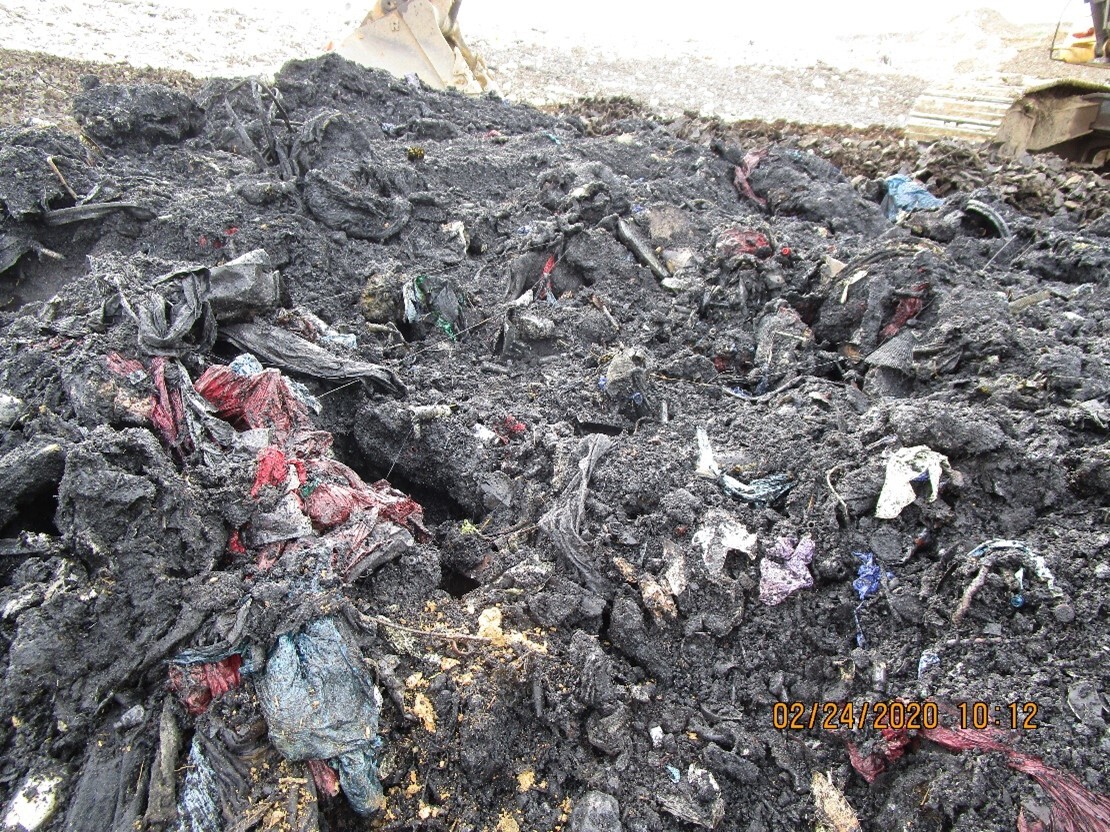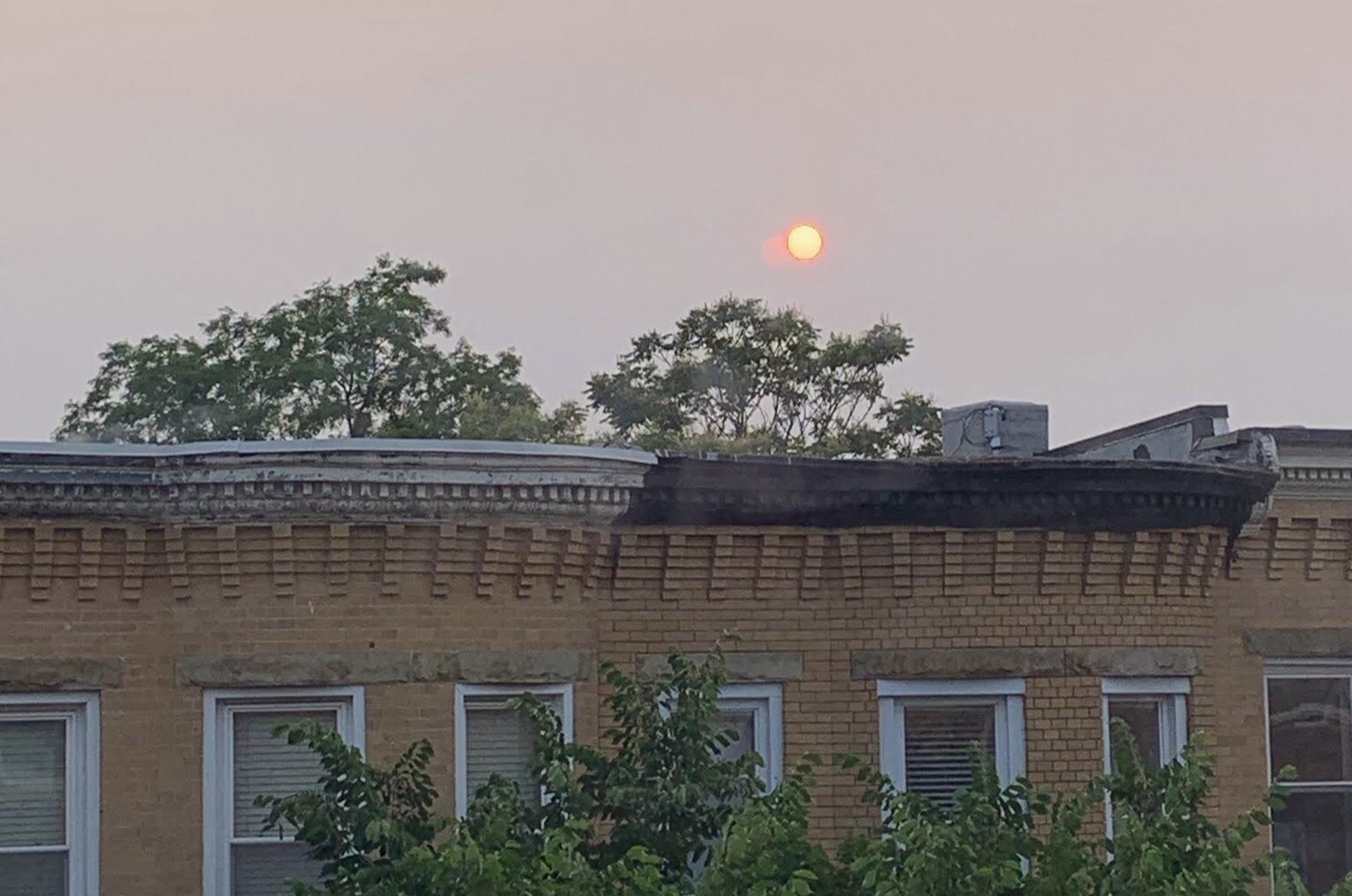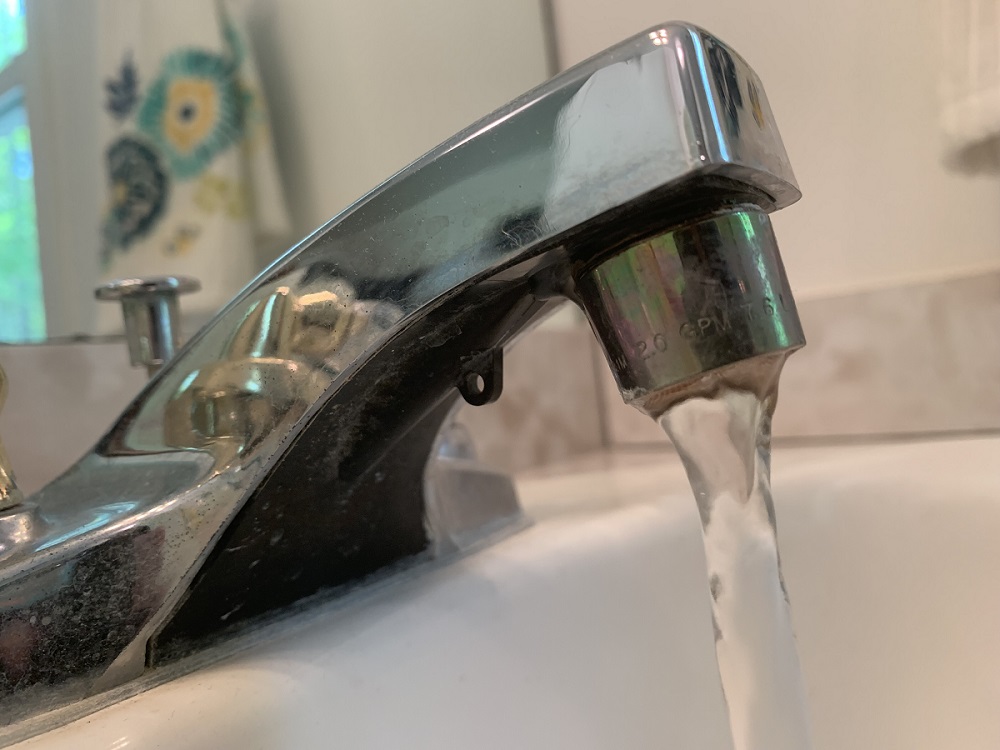Opinion: The Water Quality Accountability Act Is a Water Privatization Bill

Don’t be fooled: the Water Quality Accountability Act (SB 820/ HB 1416) is a water privatization bill. It would take away all public funding from systems that fail to produce newly required reports. That’s how water corporations would take over systems: by starving them of resources.
In particular, many of Maryland’s small, rural communities depend on federal funding through the USDA’s Rural Utilities Service (RUS) and EPA’s Safe Drinking Water State Revolving Fund. This legislation confuses and possibly puts in jeopardy these sources of infrastructure funding.
The Water Quality Accountability Act would lead to rate hikes for Maryland residents and businesses when our state faces a growing water affordability crisis. Maryland must do better and provide real support to our public water systems to bolster safe and affordable water for all.
The bill’s architect has publicly revealed its face (Opinion: Increasing Accountability in Maryland’s Water Systems). Maryland American Water wants to impose the corporation’s valve inspection schedule and other reporting requirements on all of our state’s 466 community water systems. It wants one size to fit every system — from Washington Suburban Sanitary Commission (WSSC) with its 1.8 million service population to the Thayerville Water District serving around 50 people in Garrett County. This is going to carry a huge price tag, one that water customers will have to pay through rate hikes.
If this legislation passes, corporate greed will take advantage of small towns. American Water, the nation’s largest water corporation and parent company of the Maryland arm, is not promoting these mandates out of altruism or concern for public wellbeing. The corporation is first and foremost accountable to its investors. This bill will likely drive small communities in Maryland to privatize their water systems to the company.
Walter Lynch, CEO and president of American Water, explained this privatization strategy to investors in December 2019:
“We work with state legislators and regulators to come up with rule making and legislation that enables these acquisitions to happen. And we’ve been doing this for a decade, and we’ve been very successful at it.”
Lynch said the Water Quality Accountability Act, already implemented in several states, is one of three policies that has helped American Water grow.
New Jersey was the first state to pass this corporate water law, and it is the main reason that Egg Harbor City, NJ, is selling its water and sewer systems to American Water. For this tiny town of 1,200 homes, the Water Quality Accountability Act imposed nearly $400,000 in extra annual costs, hitting homeowners with a bill of $160 a year more just to comply with this one law.
Water privatization is not in the public interest. It sacrifices local control, accountability and transparency. In various states, arms of American Water have refused to disclose how many homes they shut off for nonpayment. This is a big worry because, compared to local government systems, private companies charge households 59 percent more on average, according to a survey of 500 municipal water systems conducted by Food & Water Watch in 2016. Private operators also lay off, on average, one in three water workers after taking over a system, according to a 2009 Food & Water Watch survey. Such workforce cuts jeopardize customer service and even worsen response times for emergencies.
Mandates in this bill would not prevent another Flint or another Newark. They would not remove lead pipes from water systems or help systems remove lead from drinking water. The legislation provides no funding or technical assistance to help systems comply with existing standards or any new requirements.
Federal law already requires public water systems to report all water quality violations to the state and their customers. Federal law also requires all community water systems to send consumers a copy or a link to an electronic copy of their annual water quality report by July 1 of each year. That report discloses all regulated contaminants detected in the water system and all violations.
To improve transparency about drinking water quality, the Maryland Department of Environment could provide guidance to make these annual water quality reports easier to understand and it could share drinking water quality data that it already collects in an easier to use format. For example, many states have data mappers and trackers for drinking water quality. Asset management plans and cyber security plans are also important, but the state should convene public water providers to determine the best practices for our state and then provide assistance to ensure water systems can comply.
We need to improve our public water and wastewater systems, but we must do that under the protection of local control and the state must help — not hamstring —struggling systems.
That’s why we join the Maryland Association of Counties, Maryland Association of Municipal Wastewater Agencies, Maryland Conservation Council, Maryland Consumer Rights Coalition, Maryland Legislative Coalition, Maryland Municipal League, Maryland State Conference of the NAACP, Maryland Volunteer Lawyers Service, AFT Maryland, AFSCME Maryland Council 3, Common Cause Maryland, Interdenominational Ministerial Alliance of Baltimore, Jews United for Justice, Sierra Club — Maryland Chapter, United Workers, WISE and other local and state organizations in opposing the Water Quality Accountability Act.
Maryland legislators must say no to this corporate water privatization scheme by rejecting the Water Quality Accountability Act (SB 820/ HB 1416). Instead, our state must invest in technical assistance and support for our public providers to help ensure that all Marylanders have access to safe and affordable water.
— RIANNA ECKEL, GLENN MIDDLETON AND CLAUDE J. MORALES
The writers are, respectively, senior Maryland organizer, Food & Water Action; executive director, AFSCME Council 67; and president of the Maryland Rural Water Board of Directors.




 Creative Commons Attribution
Creative Commons Attribution